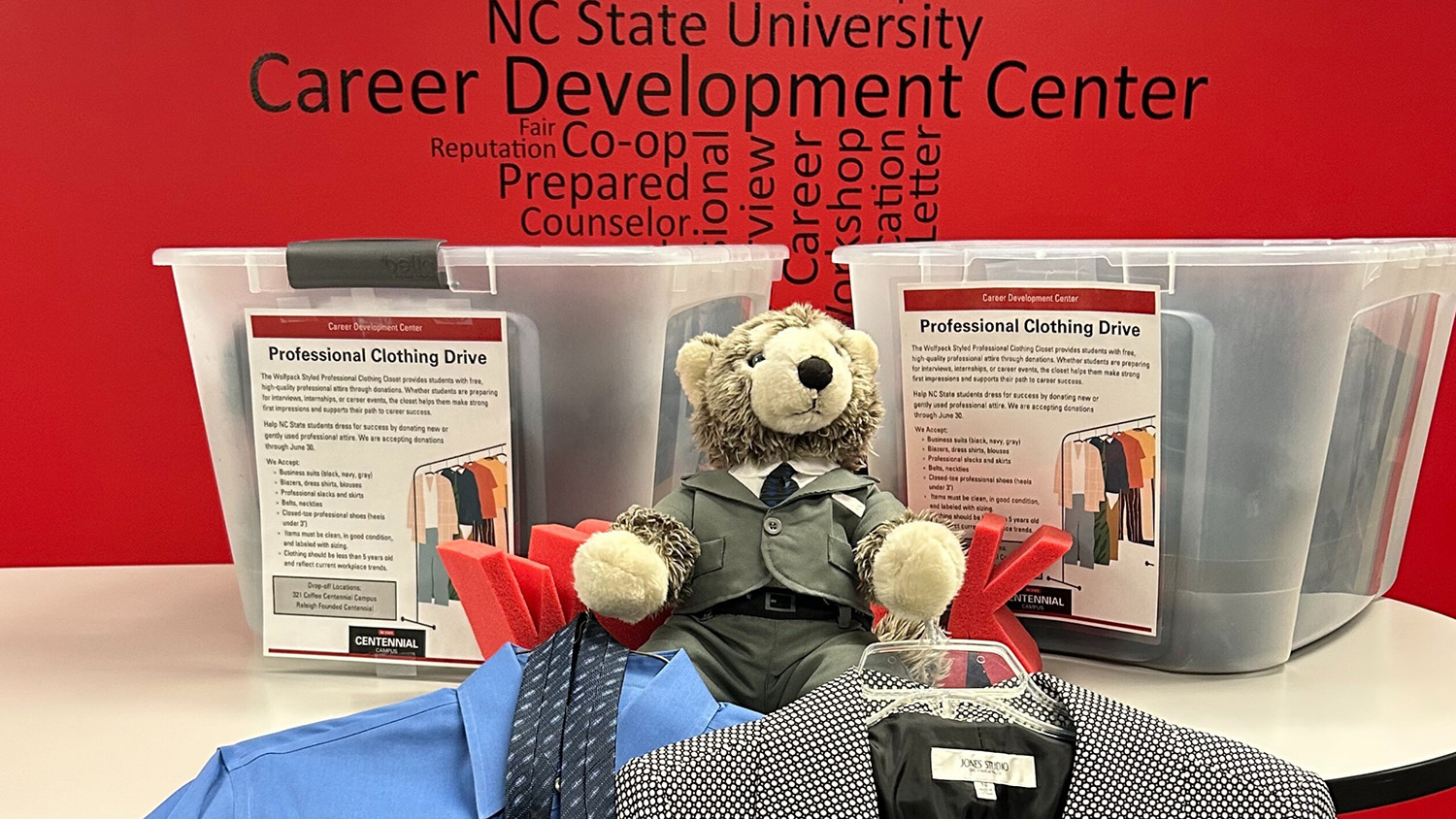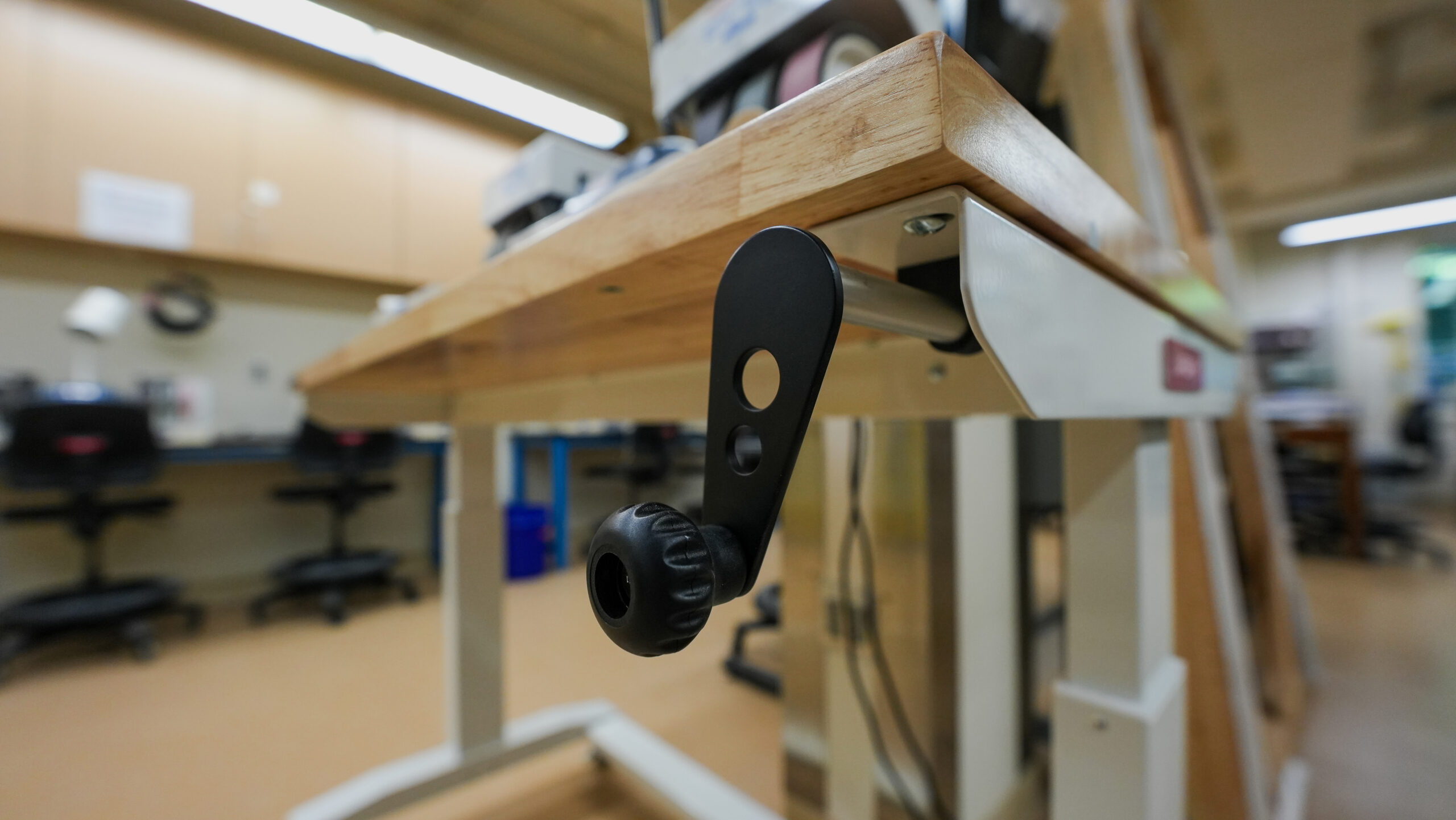Advising Technology Staff Use GPS to Help Students Navigate Online Learning Transition

As a volunteer for the Wolfpack Response Line this spring, Nikki Glenos fielded many calls from students and parents with concerns about NC State’s transition to all-online classes. Among the chief concerns was internet access.
“In the calls that I was getting there was real panic about internet connection, especially with timed tests and projects,” Glenos said. “Some families didn’t even have a computer. But for many students, their parents and siblings were also working from home, so bandwidth was a real issue and they couldn’t download videos and assignments.”
Fortunately, Glenos realized she was in a position where she could help. When she’s not fielding calls during an international health crisis, Glenos provides strategic leadership, training, and technical support for the university’s “Student Success GPS.” GPS is a suite of advising tools combining advising services, real-time data, analytics, and reporting to help advisors identify students in need of support and provide early interventions. It also allows Glenos and other advising technology staff to push automated notifications to faculty members when students are experiencing problems—like the lack of computer or internet access—that cause them to fall behind in class.
“I felt that this could be a useful tool to automate the process of connecting faculty members with students who were facing challenges,” Glenos said. “We knew many faculty members had already bent over backwards to make accommodations for their students during the transition, but this was just another way to let them know when students needed help.”

In order to identify students with connectivity issues, Glenos partnered with the university’s associate deans, the Office of Institutional Strategy and Analysis, Rural Works, Institute for Emerging Issues, and several other departments within the Division of Academic and Student Affairs and beyond to develop a four-question survey that could be distributed through Qualtrics.
“Once we identified any student who said they were having issues with either access to a computer or they were having connectivity issues that were preventing them from being successful in the classroom, we used GPS to notify their faculty members,” she said. “It gave faculty a list of students in their classes who were experiencing issues and asked for continued flexibility and support for them.”
The survey revealed thousands of students were lacking sufficient internet access. In addition to the faculty who reached out to students individually, Glenos and her colleagues sent an email listing available technology resources, such as the NC State library system’s laptop loaner program, hotspot purchasing options, and how to receive funding for a computer from the Pack Essentials program. They also called more than 40 students personally to help make special arrangements.
“At the most basic level, it showed students we cared enough to ask,” Glenos said. “These are unprecedented times and we’re all trying to pivot as quickly as we can to try and support them.”
In addition to keeping students connected with their professors during a pandemic, Glenos reminded students that there are plenty of other uses for GPS, including the GPS mobile app, which is powered by Navigate. NC State students can use it to schedule advising appointments, view class schedules, join study groups, and stay on top of important dates and deadlines.


